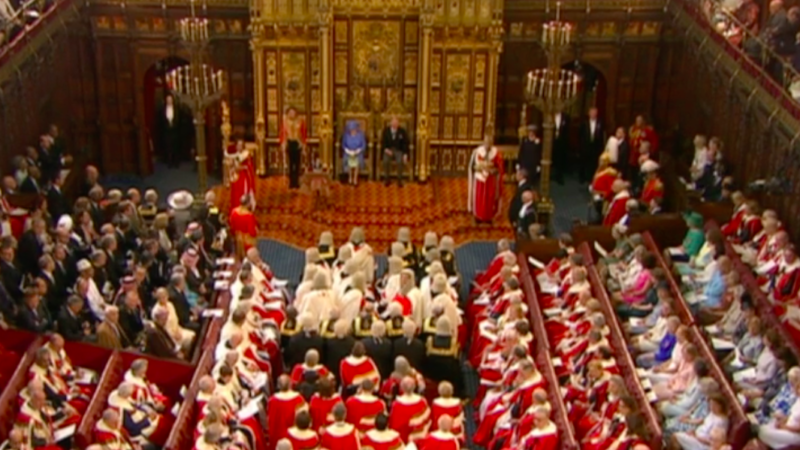
Few could deny that Westminster is broken. A recent BMG poll for the Electoral Reform Society found just 4% of people feel fully able to influence decisions in parliament. It’s no surprise when you consider that the levers of government are far from voters’ reach.
For a transformative, Jeremy Corbyn-led Labour government to tackle the huge economic and social inequalities in this country, it must also tackle the political ones that underpin it. Democratic reform is not an additional ‘nice to have’ of a bold Labour agenda – it lies at the heart of delivering the socialist policies we need to move power from London to the whole of the UK. Any moves to fix our broken democracy must start at the heart of Westminster. We have to begin with a clear commitment to overhauling the House of Lords.
Last week, we heard Nigel Farage claim he was twice offered a peerage on the understanding the Brexit Party would only run in some seats. This is the kind of risk that a chamber based on patronage poses. We have seen scandal after scandal of undue lobbying and impunity.
A Labour government must scrap our unelected and outdated House of Lords and replace it with a fairly-elected second chamber that works for the nations and regions of the UK. With over 40% of peers residing in London and the South East, it must be replaced on a truly representative footing. And with a general election mandate from the public, Labour can achieve this much-needed reform in its first term in office.
Polling for the ERS shows what a vote winner overhauling this private members’ club could be. 61% of those who intend to vote for the Conservative, Labour and Liberal Democrat parties all back an elected House of Lords, BMG polling for the ERS showed last year. This is a powerful coalition, which Labour must lead.
This is not a radical proposal – there has been strong public support for reforming the House of Lords for almost 20 years. Committing to real reform would show Labour stands for all voters, not a privileged elite. It’s a call made by Baroness Pauline Bryan in her paper ‘Creating a Constitutional Moment’, written for the party earlier this year, and backed by Scottish Labour leader Richard Leonard.
But we must go beyond just top-down reforms. Power and a clear voice for voters cannot be achieved without bringing politics closer to people, meaning bottom-up citizen involvement must be rolled out not just in our workplaces but in our political system too.
Forms of deliberative democracy, especially citizens assemblies and constitutional conventions, are being used more frequently around the world as a way of providing for citizen input in the policy-making process. These ideas have well and truly entered the mainstream now as an inspiring method for deepening and aiding democratic processes – bringing people together to hear each other’s views and creating opportunities for them to influence politics.
The movement for change is growing across the Labour movement. As the party prepares to finalise its manifesto for the coming election – we all, as campaigners, trade unionists and activists, need to make the case that democratic reform should be front and centre. It’s a call backed by the Politics for the Many campaign and one that could stop the rot in our politics: a sense of powerlessness that could take a dark turn.
Hundreds of people called for a clear commitment to Lords reform in Labour’s policy consultation this week, and there’s still time to have your say and call on the party to give a clear manifesto commitment to overhauling the undemocratic Westminster system by contacting your National Policy Forum (NPF) representatives.
It’s vital we respond to this moment of crisis in our democracy. Labour can, and must, lead the way to create a politics fit for the 21st century and deliver a revitalised democracy for the many, not the few.




More from LabourList
‘Labour won’t stop the far right by changing leaders — only by proving what the left can deliver’
‘Cutting Welsh university funding would be economic vandalism, not reform’
Sadiq Khan signals he will stand for a fourth term as London Mayor